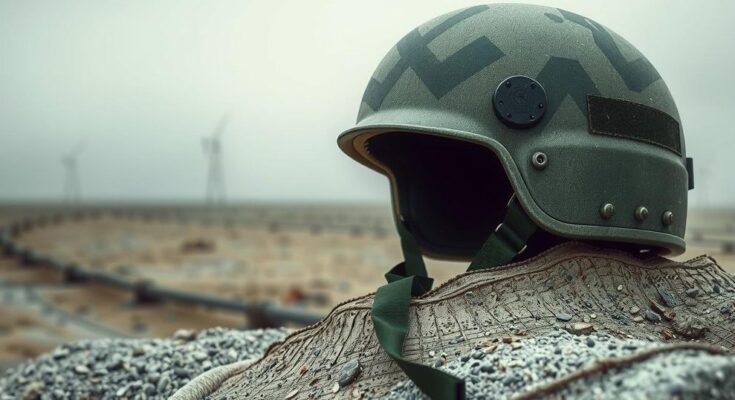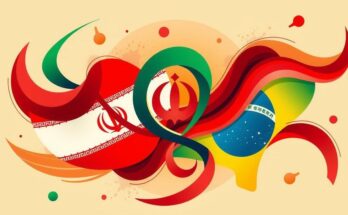North Korean troops deployed to aid Russia in the Ukraine conflict have recently vanished from the battlefield after suffering heavy casualties. While some view them as disciplined fighters, most lack real combat experience. With many preferring suicide over capture, the psychological toll is evident. The effectiveness of these poorly equipped soldiers remains under scrutiny as they face an evolving warfare landscape.
After months of North Korean troops reportedly engaging in combat alongside Russian forces near Ukraine’s border, their presence has significantly diminished. According to Colonel Oleksandr Kindratenko of Ukraine’s Special Operations Forces, Ukraine has not detected North Korean soldiers actively fighting in recent weeks. This followed a Ukrainian offensive in the Kursk region last summer which aimed to regain control over territory partially held by Russia.
Approximately 12,000 North Korean soldiers were sent to assist Russia, with reports stating that around half had either been killed or injured, although this remains unverified. Despite being from a highly militarized society, many of these soldiers lacked practical combat experience, which led some to label them as “cannon fodder,” while others characterized them as disciplined and proficient with weaponry.
Intelligence suggests that North Korea’s leader, Kim Jong Un, had initially proposed sending elite forces to Russia, which were then deployed in waves for direct infantry assaults against Ukrainian positions. Nonetheless, these forces struggled with modern warfare tactics, particularly drone operations, as noted by Colonel Kindratenko, who mentioned their erratic movement was an adaptive strategy against surveillance.
Ukrainian forces have reportedly captured at least two North Korean soldiers, conducting interrogations and providing medical assistance to one. There are accounts of North Korean troops opting for suicide over capture due to fears of repercussions for their families back home. One captured soldier expressed a desire to remain in Ukraine, illustrating the complex psychological landscape facing these troops.
North Korean fighters operated with limited resources, often shedding protective gear to enhance their mobility. Reports indicate they were deployed into hostile environments with inadequate supplies, prioritizing ammunition over survival gear. Notably, they were better armed than their Russian counterparts, utilizing modern weapons such as AK-12 rifles rather than older models like the AK-47.
As of now, both Moscow and Pyongyang have not publicly acknowledged the deployment or subsequent casualties of North Korean soldiers. Future dynamics surrounding these troops remain uncertain; it is unclear when they might return to combat roles or if additional reinforcements will be dispatched to Russia. Ukraine anticipates further encounters with North Korean soldiers as the conflict progresses.
The involvement of North Korean troops in the Russia-Ukraine conflict has become a subject of interest, stemming from the historical alliance between Kim Jong Un and Vladimir Putin. North Korea’s military presence is emblematic of its support for Russia during increasing geopolitical tensions. Despite their deployment, reports have surfaced regarding the effectiveness and experience of these soldiers in modern combat scenarios. With an emphasis on infantry tactics that may not align with contemporary warfare, the situation has raised questions about their longevity in battle and potential future engagements.
In summary, while North Korean soldiers were initially prominent in conflict alongside Russian troops, their presence has drastically reduced amid significant casualties. The lack of combat experience poses challenges for their effectiveness, prompting concerns about their psychological state and operational success. As the war continues, the fate of these soldiers and further actions by their governments remain unpredictable, reflecting the complexities of international military alliances in modern warfare.
Original Source: www.newsweek.com




